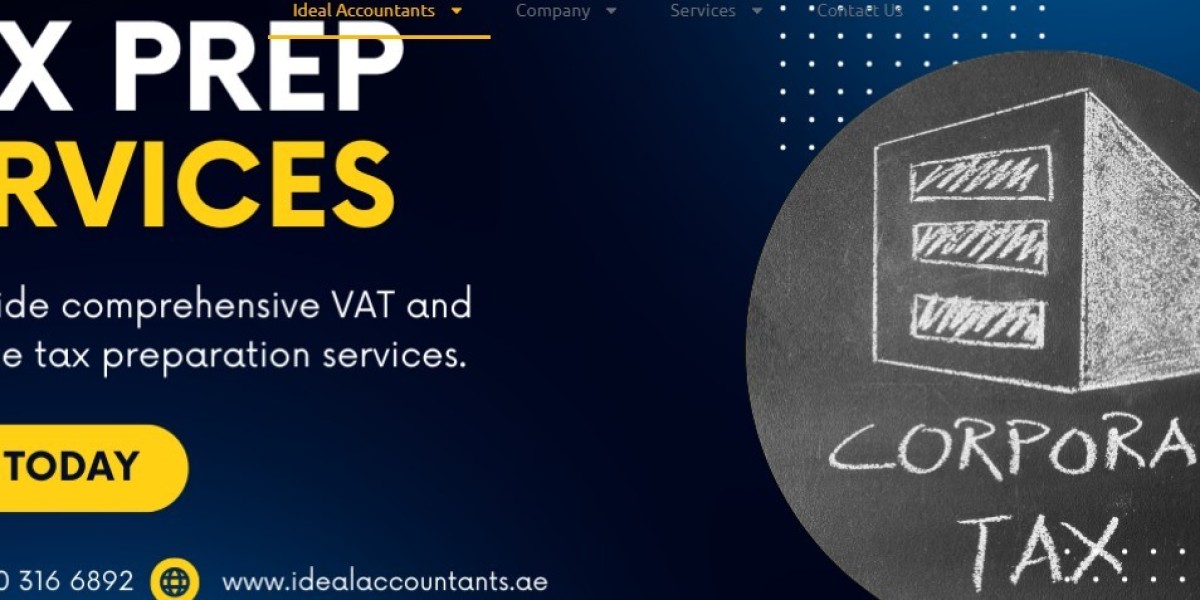Introduction
In the realm of global business, the United Arab Emirates (UAE) stands as a shining example of how an astute approach to corporate tax can shape economic destinies. Characterized by a flat corporate tax system, the UAE has strategically positioned itself as a corporate tax haven, a journey marked by remarkable success. A pivotal step towards this achievement was the World Bank's recognition of the UAE in 2013 as one of the world's lowest-tax jurisdictions. Since then, the UAE has proactively overhauled its corporate tax landscape, eradicating specific taxes, lowering rates, and simplifying tax laws to create a magnetic pull for foreign investment. These efforts have been complemented by substantial infrastructure enhancements, further solidifying the UAE's position on the global economic stage.
A Magnet for Enterprises: The UAE's Alluring Corporate Tax Landscape
The UAE's siren call to businesses rests heavily on its astonishingly low corporate tax rate of 9%. This rate not only places the UAE among the most enticing business destinations globally but also demonstrates its commitment to fostering economic growth and political stability. The amalgamation of low taxes, political certainty, and a skilled workforce positions the UAE as an oasis of opportunities in an increasingly competitive international market. As global competition intensifies, the UAE's corporate tax regime emerges as a beacon of business viability and economic potential.
Untangling the Complexity: UAE's Corporate Tax Web
Yet, beneath the surface of this seemingly simple tax structure lies a labyrinth of complexities. Diverse tax rates intertwine with a multitude of deductions and credits, intricately shaping the effective tax rate. However, this intricate architecture also leaves room for manipulation, allowing corporations to significantly reduce their tax liabilities by exploiting exemptions and loopholes. This intricate nature has sparked debates within the UAE, with experts advocating for comprehensive overhauls or entirely new tax systems. The existing system draws heavily from value-added and individual income taxes, signaling areas ripe for refinement.
Reshaping Economies: The Promise of UAE's Corporate Tax Reform
Proposed corporate tax reforms in the UAE promise transformative economic impacts. Designed to alleviate the tax burden and incentivize investments in free zones, these reforms are poised to catalyze economic growth and job creation. With intentions to reduce the corporate tax rate from 9% to 7%, the UAE readies itself for an economic resurgence. However, the reforms await governmental approval, keeping the business community on edge. In the midst of a rapidly evolving global economic landscape, these reforms are anticipated to infuse renewed vigor into the UAE's economic fabric.
The Core Tenets of UAE's Corporate Tax Landscape
Understanding the intricacies of the UAE's corporate tax framework is crucial. Corporations traverse this landscape based on their profits and shareholders' equity. Although the UAE's 9% corporate tax rate is markedly lower than those of developed countries, specific sectors like foreign-owned oil and gas companies contend with varied rates. Tax holidays and investment-related credits enrich the UAE's business environment, making it appealing to global enterprises. The presence of an array of exemptions and deductions, including those for exports, research and development, and employee welfare, further enhance its allure.
Who Bears the Tax Burden? Unveiling Corporate Taxation in the UAE
The responsibility of corporate tax in the UAE hinges on a critical question: Who shoulders this financial load? Businesses generating annual revenue exceeding AED 375,000 ($102,000) fall under the purview of this tax, thus contributing to the government's treasury. While most entities at this threshold adopt partnership structures, select corporate giants – like Emirates Airline and Etihad Airways – navigate as companies, bearing the weight of both corporate tax and other related obligations.
Pros and Cons: UAE's Corporate Tax Regime
The UAE's corporate tax regime evokes debates, spotlighting its advantages and disadvantages. A tax rate that fuels investment and economic expansion positions the UAE as a hotbed for business growth. Yet, concerns loom – fears of stifling business expansion or perpetuating inequality. Nonetheless, the consensus prevails that the UAE's corporate tax system is pivotal to its economic stability and prosperity.
Harmonizing Taxes: The UAE's Financial Symphony
In this intricate symphony of economic maneuvering, the UAE orchestrates its taxes to create a harmonious blend. From personal income tax to corporate tax and the value-added tax (VAT), the UAE's tax ecosystem encapsulates the essence of its economic dynamism. This dynamic interplay of financial strategies, underpinned by a commitment to fostering business growth, paints the UAE as a canvas of opportunity for enterprises seeking growth and prosperity. this contact form
Conclusion
As the UAE traverses the path to economic prowess, its approach to corporate tax takes center stage. The interplay of low taxes, business-friendly policies, and comprehensive reforms positions the UAE as a global leader in the corporate tax realm. With each tax revision, exemption, or reform, the UAE solidifies its reputation as an attractive hub for businesses seeking to flourish in an environment that champions growth, innovation, and economic prosperity.








